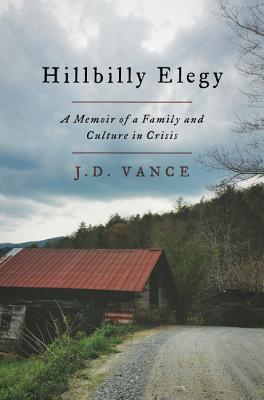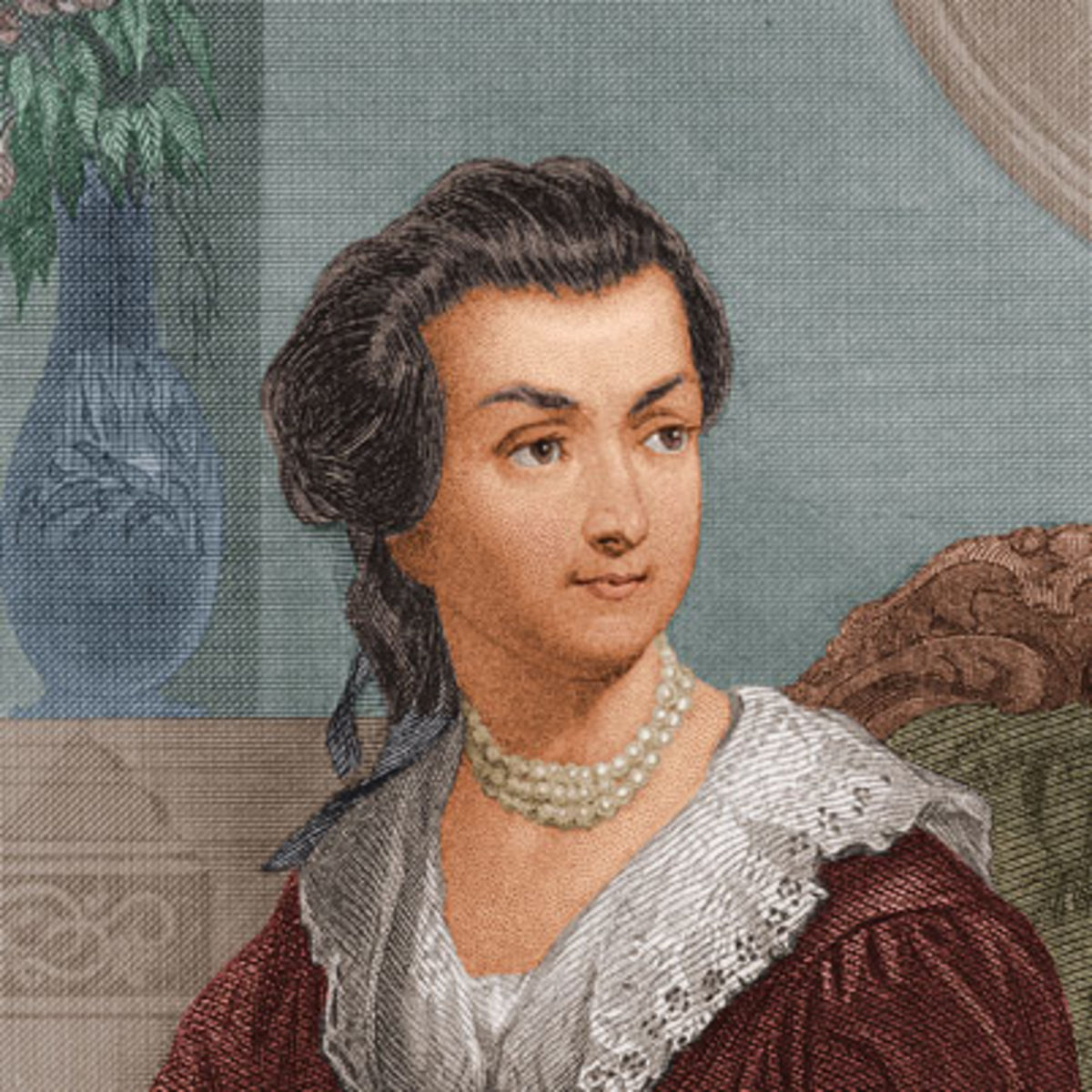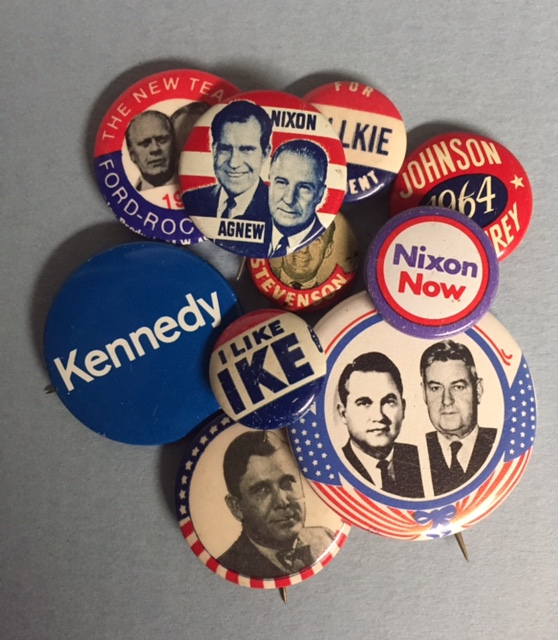Just this one Thursday with Mike: Foiled!
November 17, 2016 • 8 Comments • Posted in guest blog, Mike Knezovich, UncategorizedHey there, it’s Mike again. You may remember that on Monday I wrote about our planned trip to Washington, D.C.
Well, a not-so-funny thing happened on the way: Beth came down with a nasty, raging ear infection in her left ear, and then her right ear. For a short while, the infections left Beth barely able to hear, which as you can imagine, left her unable to fend for herself, pressed me into service, and pretty much just scared the hell out of both of us.

With Beth temporarily out of service, Whitney is really bored.
Three visits to the ENT, some nuclear ear drops (Cipro plus steroids), and a few doses of Advil later, she seems to be on the mend. To all her class members who’ve inquired, thanks for your kind messages, and Beth said to pass it along that she should be back in the saddle soon.
But we postponed our trip—we may be leaving tomorrow, but we’ll miss our date with Michael and Susi. And the discussion I hoped to have with Michael about the book Hillbilly Elegy and other recent events. On that subject, a few added thoughts:
As posted Monday, I liked the book Hillbilly Elegy a lot. What I failed to mention is that the book’s become a lightning rod of sorts. The author is a conservative, though I really hate labeling someone—because people are more nuanced than labels in my view—and because I don’t know what the hell being conservative means today. I kind of knew growing up. But I don’t recognize the Republican Party anymore.
Anyway, since I endorsed the book I felt obligated to add the above qualifiers. And in the interest of equal time, here’s a thoughtful critique of Hillbilly Elegy from the New Republic.
Here’s the good and bad about this critique, in my humble opinion.
First, the bad: The author calls it out as wanting in terms of being a broad, even profound way of understanding the culture of the hillbillies writes about. I get that, but I think she’s shadow boxing. Here’s the deal: I took the book as a well told account of one guy’s life, a window on a group of people I don’t usually see, and I took whatever politics he included as his views—which he has a right to—and about which I don’t have to agree to find value in his writing. As I read the book, I noted points where I disagreed with the writer’s synthesis, and I was looking forward to talking about those points with my friend Michael tonight. (I’m sure we will, eventually.)
The good: Its criticism of other pundits and book critics, many of whom are mistakenly treating Elegy as an explanation for Trump voters, and a bigger deal than it is, or was meant to be. By his own acclamation, Vance didn’t mean it to be those things.
The best parts of the critique are the parts that don’t talk so much about the book, but about the broader issue of poverty. And about the election—smartly pointing out that hillbillies didn’t win the election for Trump. I hope you’ll read both the book and the critique—but the critique is a valuable read in its own right.
OK, to end this first and last Thursday with Mike, I’m going to repost the link to the article included in Monday’s postscript.
It’s called What So Many People Don’t Get About the U.S. Working Class. I’ve gotten a lot of good feedback about it from blog followers who read it, so I think it’s worth another shout out.
See ya’ Monday.



